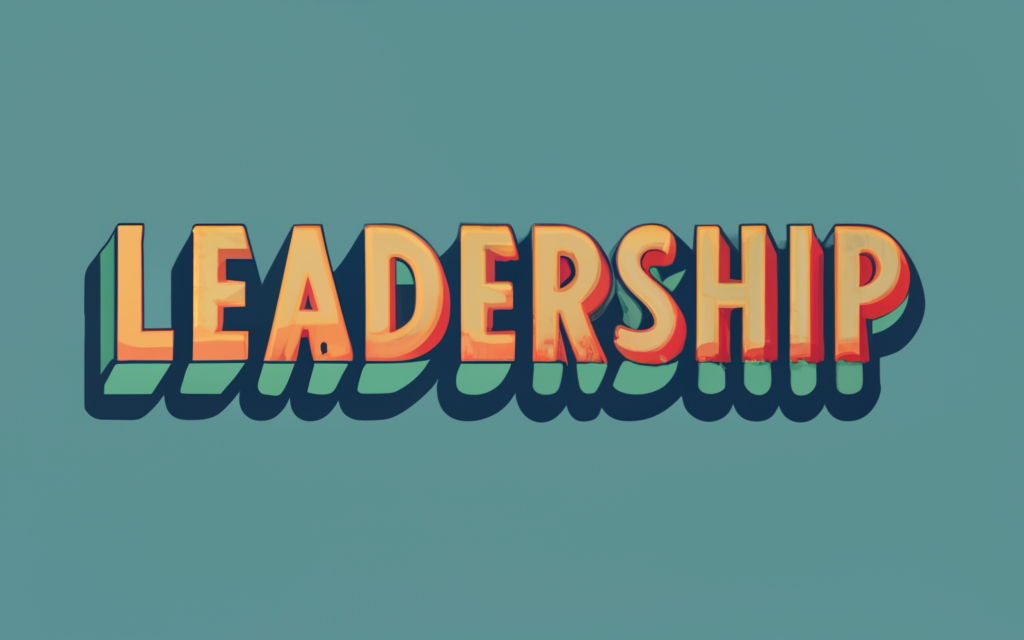Leaders play a pivotal role in cultivating organizational cultures ready to embrace change and uncertainty.

In a world of accelerating transformation, the old command-and-control leadership styles focused on hierarchy and status quo are fading. New leadership approaches recognize that sustainable success depends on unleashing human potential through empowerment, transparency, and mutual understanding.
Leadership in the new reality requires letting go of old assumptions about control (Unlearning). It means viewing change as a constant force and an opportunity for innovation and shared progress, not a sporadic disruption. With this mindset shift, leaders can guide their organizations toward readiness, responsiveness, and resilience in the face of uncertainty.
Some key strategies leaders can employ to develop change-ready cultures include:
- Fostering Psychological Safety: When employees feel psychologically secure, they are more likely to take risks, ask questions, and bring their full selves to work. Leaders can promote psychological safety by encouraging candid conversations, actively listening without judgment, and welcoming diverse perspectives.
- Role Modeling Adaptability: If leaders want their organizations to be adaptable, they must role model that behavior themselves. By demonstrating openness to new ways of working, seeking input, and challenging old assumptions, leaders set the tone for a culture of learning and growth.
- Enabling Experimentation: Change-ready cultures support calculated experimentation and learning through failure. Leaders can enable this by allocating resources for pilots, prototyping new ideas, and debriefing results in a blameless manner.
- Facilitating Cross-Department Collaboration: Silos stall adaptation and responsiveness. Leaders can bring down internal barriers by increasing transparency, setting shared goals, and creating collective capabilities and cross-functional teams.
- Empowering Employees: Rather than micromanaging, leaders must entrust employees to take ownership of solutions tailored to their context. Giving autonomy combined with support and guidance drives engagement.
- Communicating Constantly: Leaders must consistently articulate the reasons for change, explain new initiatives, and gather feedback. Ongoing transparent communication across all levels and using different language styles is vital for alignment. Check the ELSA change framework and the Change Journey Pyramid (CJP) for more information.
By promoting psychological safety, adaptability, experimentation, collaboration, empowerment, and open communication, leaders can play a pivotal role in developing organizational cultures where people feel energized by change rather than resistant to it.
A critical part of the strategy aspect is mobilizing people and aligning collective capabilities. You can learn more about this in the Shared Progress Framework.
This culture shift is foundational to achieving readiness, responsiveness, and resilience in the face of increasing complexity and uncertainty.
A crucial part of the strategy aspect is mobilizing people and aligning Collective capabilities. You can learn more about this in the Shared Progress framework.
